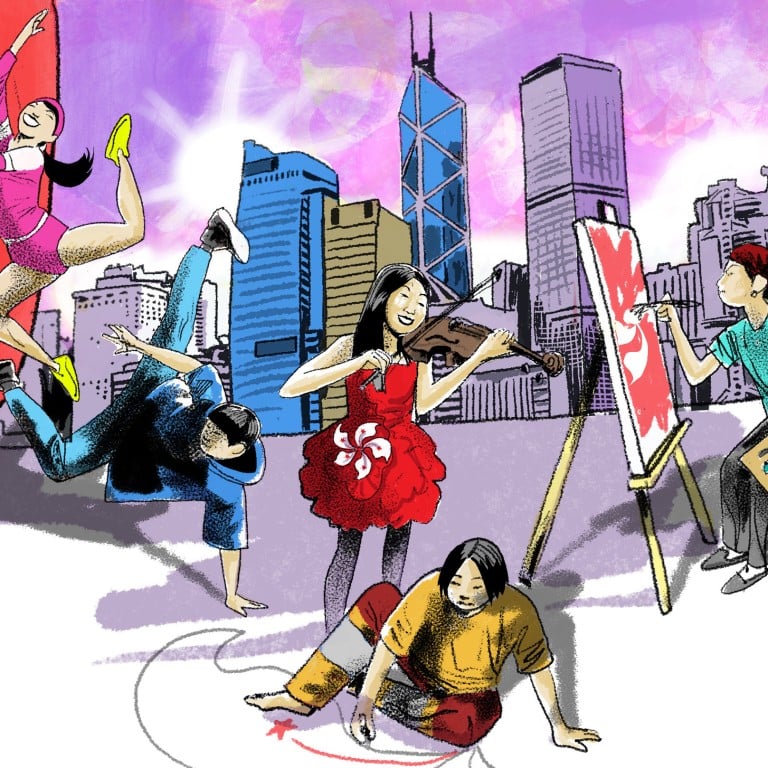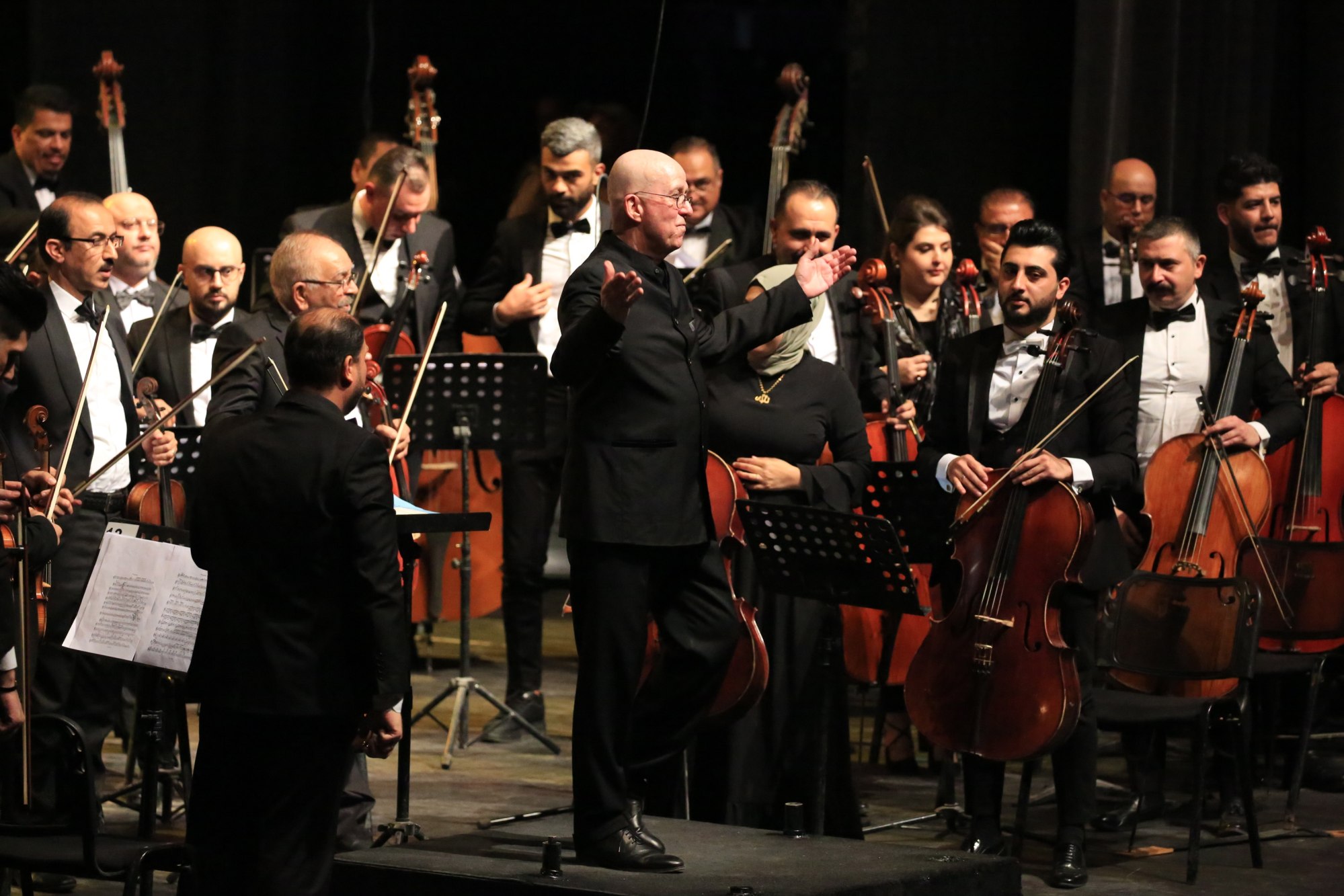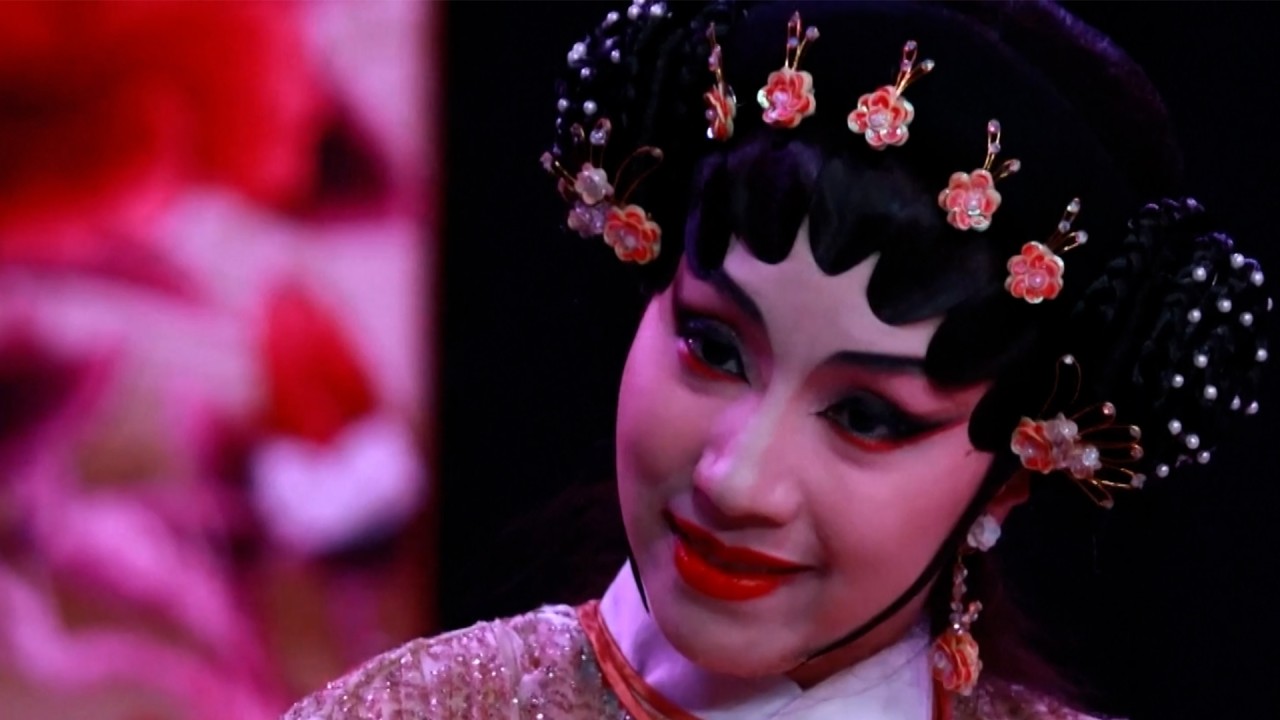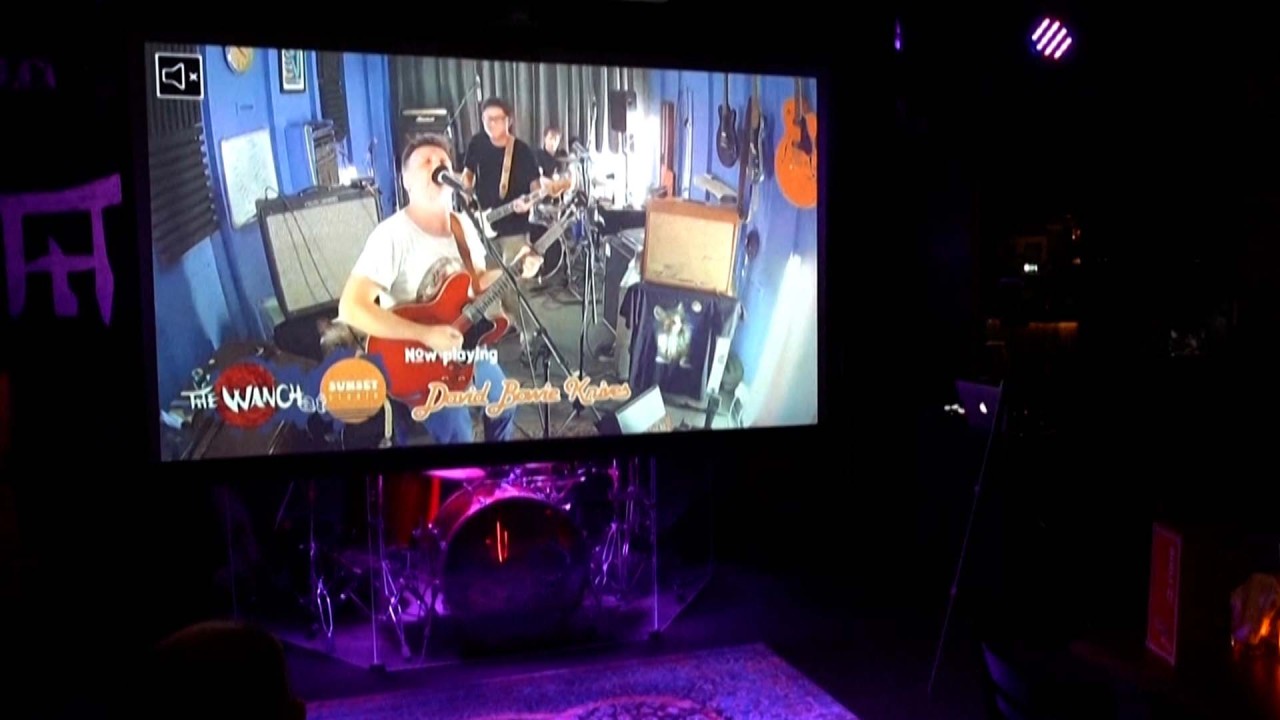
To be a truly world-class cultural hub, Hong Kong needs much more than just hardware
- The city needs a soul; a guiding vision to radically improve cultural education, reorient cultural policymaking and research, and genuinely broaden cultural exchanges
- A truly culturally vibrant cosmopolis would embrace pluralism and experimentation – and live with disagreement
We propose three solutions: a paradigm shift in cultural education, a reorientation of strategy in cultural policymaking and research, and a genuine effort to broaden cultural exchanges.
For teachers of fine arts, there seems to be a lack of clear on-the-job training and inclusion in decision-making over time allocation and curriculum design; the bureau must tackle this.
Universities should work more closely with local performance groups and veterans to use drama and expressive arts as teaching tools, as has been done in the Hong Kong School of Creativity, which Danny co-founded.
To achieve genuine mainstreaming of artistic thinking, we need a more critical, dialectical and questioning-driven style of education, one that does not fixate on taboos and red lines. The question should not be just, “How much can I earn after I graduate?” It should also be: “Can I truly enjoy and find meaning in what I learn?”
Second, we need to see through a cultural blueprint – this requires us to develop and verify through practice some guiding principles. Ideally, Hong Kong should leverage its role as the most international and progressive Chinese city.
Hong Kong can give the world much-needed perspective on Chinese culture
Importantly, Hong Kong can ill afford to be isolationist and inward-looking with its cultural policy. We should take a leaf from established institutions such as the Asia Society, Japan Foundation and Goethe-Institut, which have long served as crucial bridges across cultures and peoples – at times amid great geopolitical tensions. The research units within such multinational institutions are not preoccupied with questions of funding, resources and sales of artworks, but with broader, strategic questions of how artistic and cultural dissemination and preservation can be achieved.

This brings us to the final point. No cultural hub can flourish without international exchange. Exchange is unlikely to be effective if the scope of arts deemed relevant for international exchange is limited to just the highbrow: art that, for example, is valued in high society. True exchange should occur across all levels, all socioeconomic strata, and ideological or political cleavages.
A truly culturally vibrant cosmopolis is one that embraces pluralism and an ethos of experimentation, eschews bureaucratism, and where we can live with those with whom we disagree. That’s the Hong Kong we love.
Danny Yung is an experimental art pioneer. He co-founded Zuni Icosahedron, an experimental art company in Hong Kong, where he has served as artistic director since 1985
Brian Wong is a DPhil in Politics candidate at Balliol College and teaches politics at the University of Oxford as a Rhodes Scholar (Hong Kong 2020)


.png?itok=bcjjKRme&v=1692256346)

